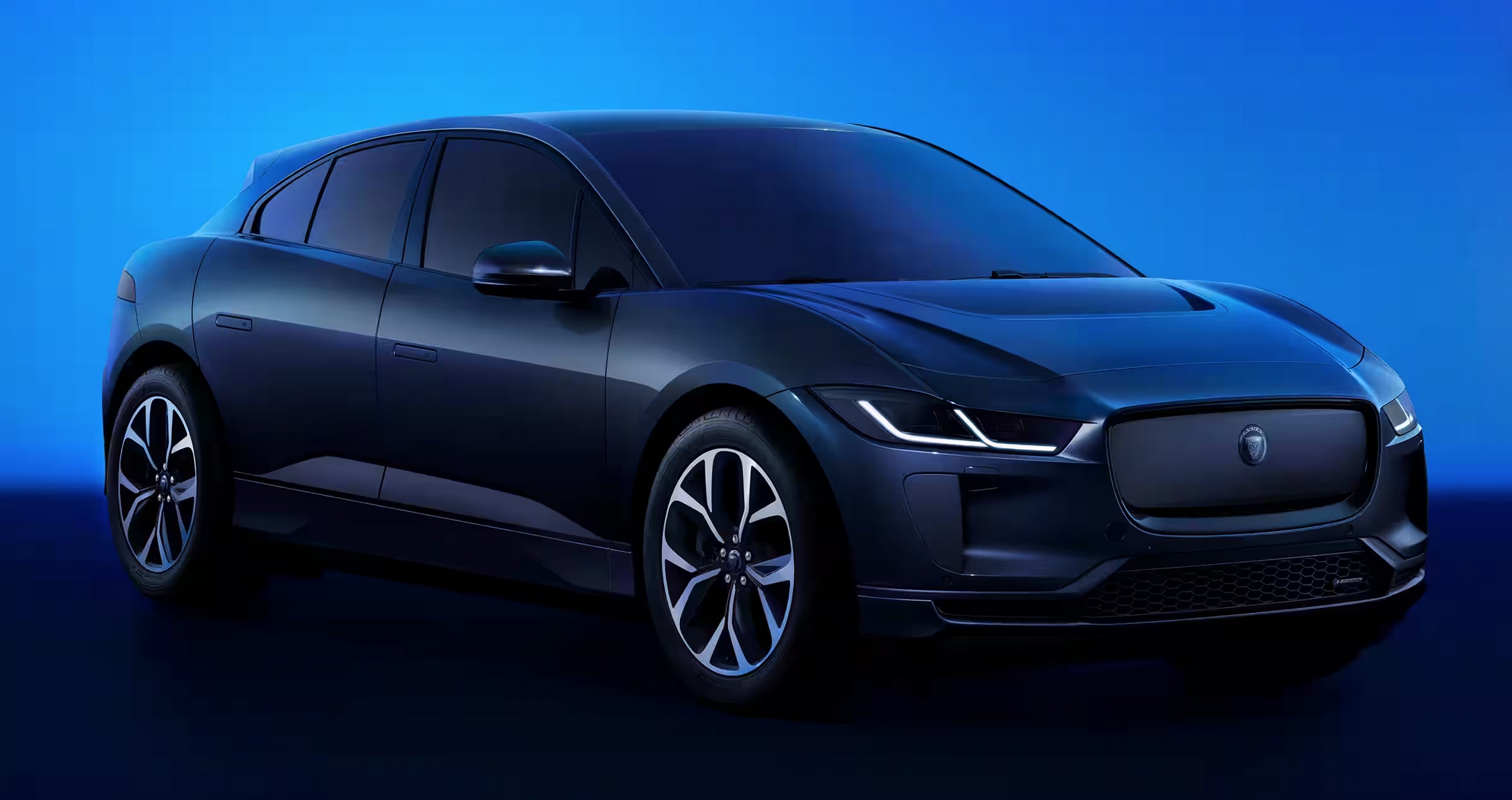Jaguar Land Rover is to embed artificial intelligence (AI) from Everstream Analytics into its supply chain to help predict potential risks such as natural disasters, strikes, data breaches and export issues that could affect shipments.
The technology uses a combination of AI, predictive analytics, machine learning and human intuition to help avoid costly industrial disruption, the company said.
JLR, a unit of India’s Tata Motors, said the rollout is part of a broader strategy to build a digitally enabled supply ecosystem delivering end-to-end visibility and security.
The company said it has already used Everstream’s technology to avoid disruption at global freight ports in the delivery of vehicles to clients.

Risk management
“Through our collaboration with Everstream Analytics, we are harnessing the power of AI to proactively manage risks before they cause disruption to production,” said JLR executive director for industrial operations Barbara Bergmeier.
She said the technolog would be “even more critical” as the company develops new supply chains around its next-generation electric vehicles.
Everstream chief executive Julie Gerdman said electric vehicle supply chains are “among the most complex” to navigate and that its AI-driven technology would promote greater resilience.
Factors such as global labour and materials shortages along with price volatility have shifted automakers away from the just-in-time model, Everstream said.

EV strategy
It said its technology can help adjust inventory strategies by predicting spikes in paterials costs, selecting the right labour and closing capacity and supply gaps before they open.
AI is widely deployed in the car industry on the manufacturing side, but is relatively untapped where it comes to the supply chain, industry watchers say.
That may change as companies look to avoid the kinds of disruption that occurred during the period of Covid-19 lockdowns and resulting automotive semiconductor shortages, by which JLR was particularly badly affected.
The company has returned to profitability in its past two quarters and in the most recent quarter made up two-thirds of Tata’s total revenue.




